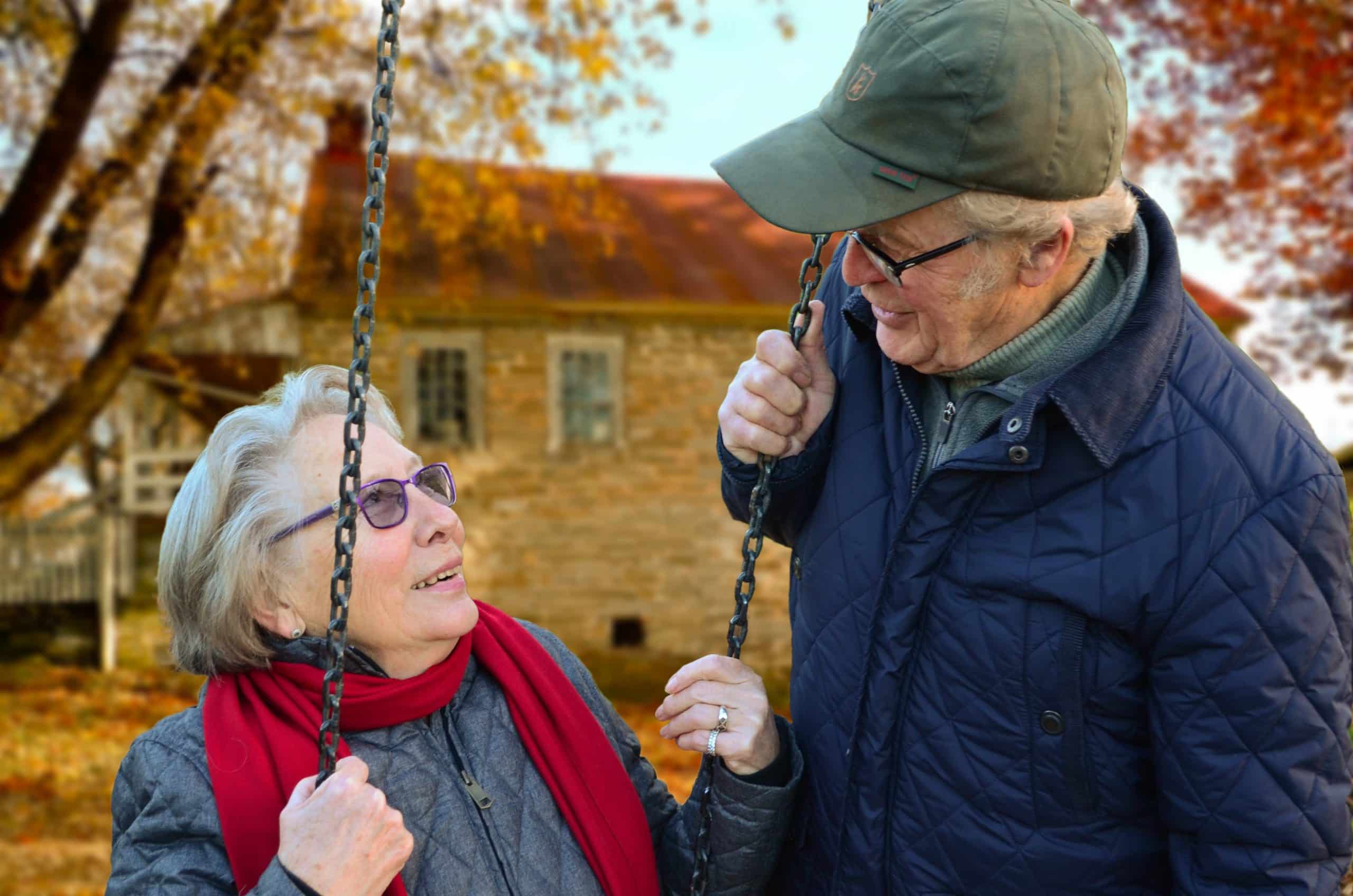A good day for residential care home providers, the Supreme Court (SC) has decided in favour of a care home operator that the supply of a zero-rated care home is still a supply of a care home where a sale and leaseback transaction was involved.
A company in the Balhousie Care Group (Balhousie) acquired the care home just outside Huntly in Aberdeenshire from a developer. To finance the transaction, it entered into a sale and leaseback agreement with a real-estate investment trust (REIT). As it had acquired the residential care home from the developer it was considered a zero-rated transaction from the developer’s perspective. This is helpful for the developer and Balhousie as it allows the developer to recover VAT on its construction costs and therefore sell at a lower price to Balhousie. This substantial cost saving could then be passed on to the residents in the care home.
To avoid abuse of the zero-rating of residential and charitable supplies of buildings a self-charge mechanism is included within the legislation if the zero-rated land that is acquired is sold or changes use within 10 years of completion. This would cause Balhousie to self-charge the VAT it had saved on acquisition. HMRC contended that the sale to the REIT constituted a sale. The First-tier Tribunal disagreed with HMRC stating that the leaseback had to be considered as it was entered into simultaneously and despite the sale Balhousie still had an interest in the building, albeit a leasehold interest. The Upper Tribunal and Inner House of the Court of Sessions sided with HMRC.
The SC overturned the decisions and sided with Balhousie confirming that the entire interest in the building had to be disposed of and that the leasehold interest that Balhousie retained in the building was relevant. The purpose of the legislation had to be considered, that of enabling the affordable provision of societally beneficial services to the end users of the residential care home. The legislation detailed an “entire disposal” and the SC judged that Balhousie still retained an interest by way of the leasehold. The SC also pointed out that where the entire interest isn’t considered other transactions would produce strange results, say where only a leasehold interest was acquired at completion and then the freehold or ownership interest was acquired later would also give rise to substantial VAT charge and this can’t have been the purpose Parliament intended when drafting the legislation.
The decision can be found at: Balhousie Holdings Ltd (Appellant) v Commissioners for Her Majesty’s Revenue & Customs (Respondent) (Scotland) – The Supreme Court
This is obviously good news for operators of care homes but is also applicable to other residential buildings. Please do contact us if you have any questions on VAT matters as this case highlights substantial savings can be made where a 20% VAT charge is added erroneously by HMRC.



